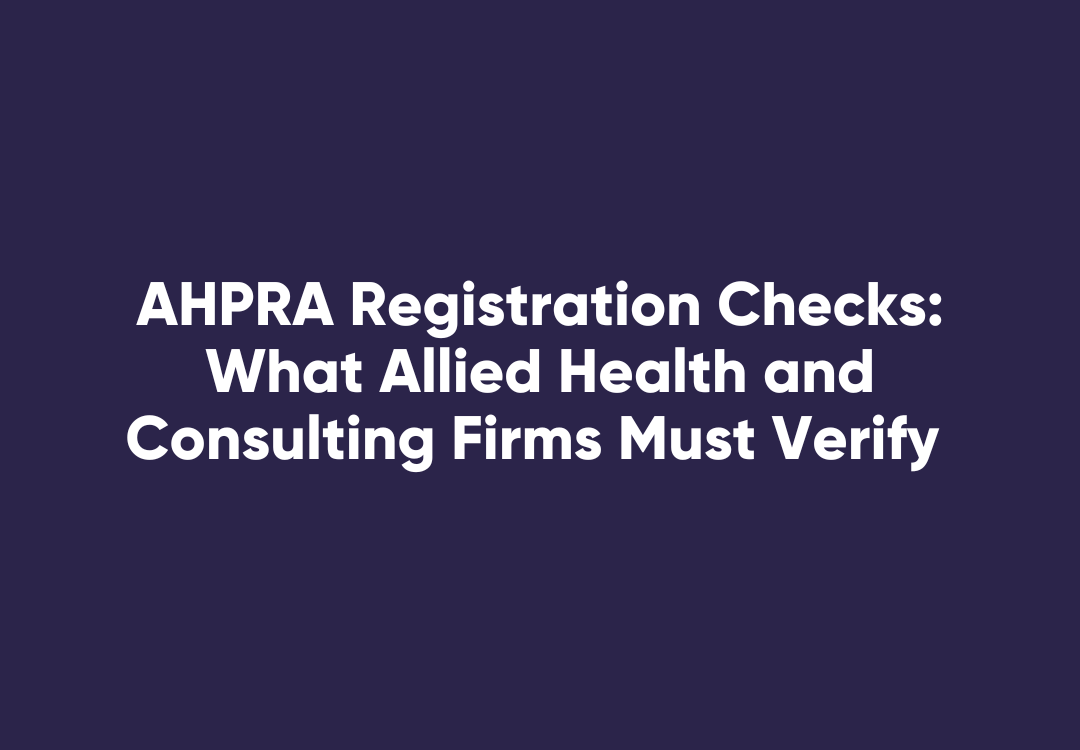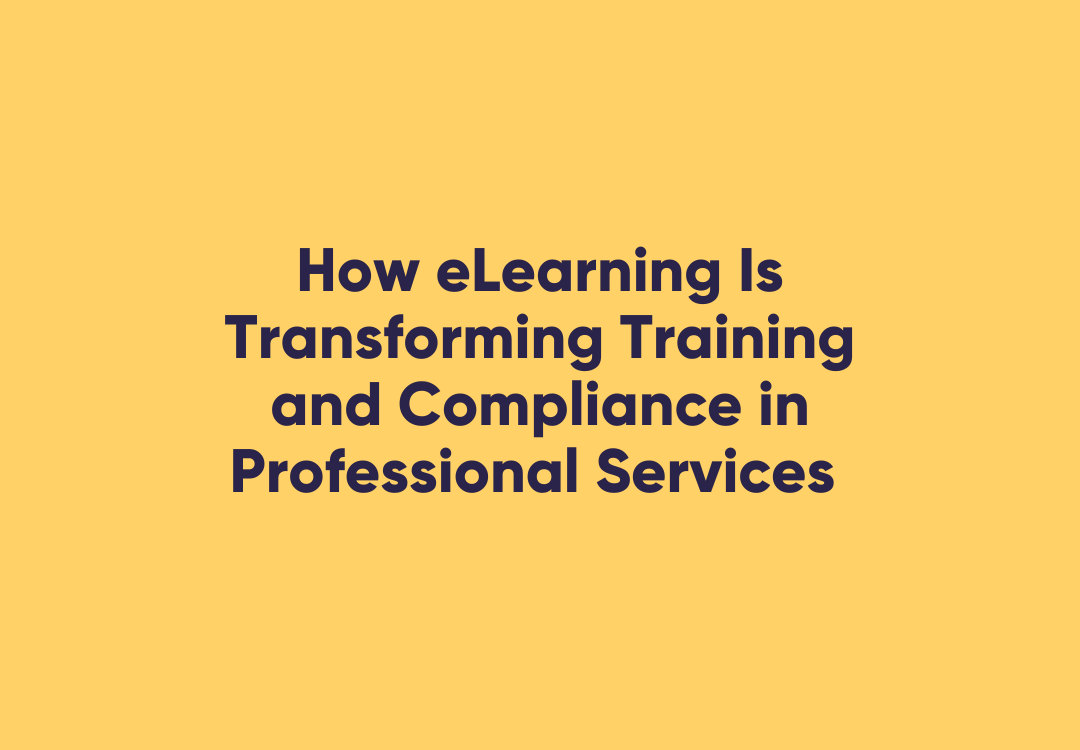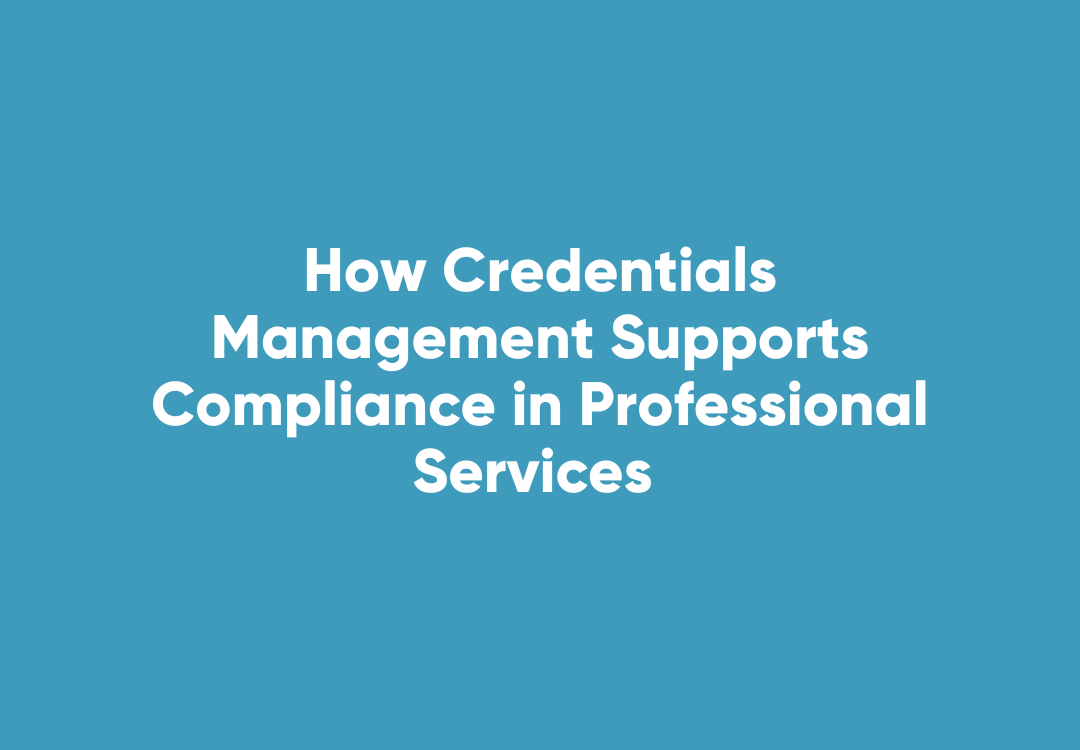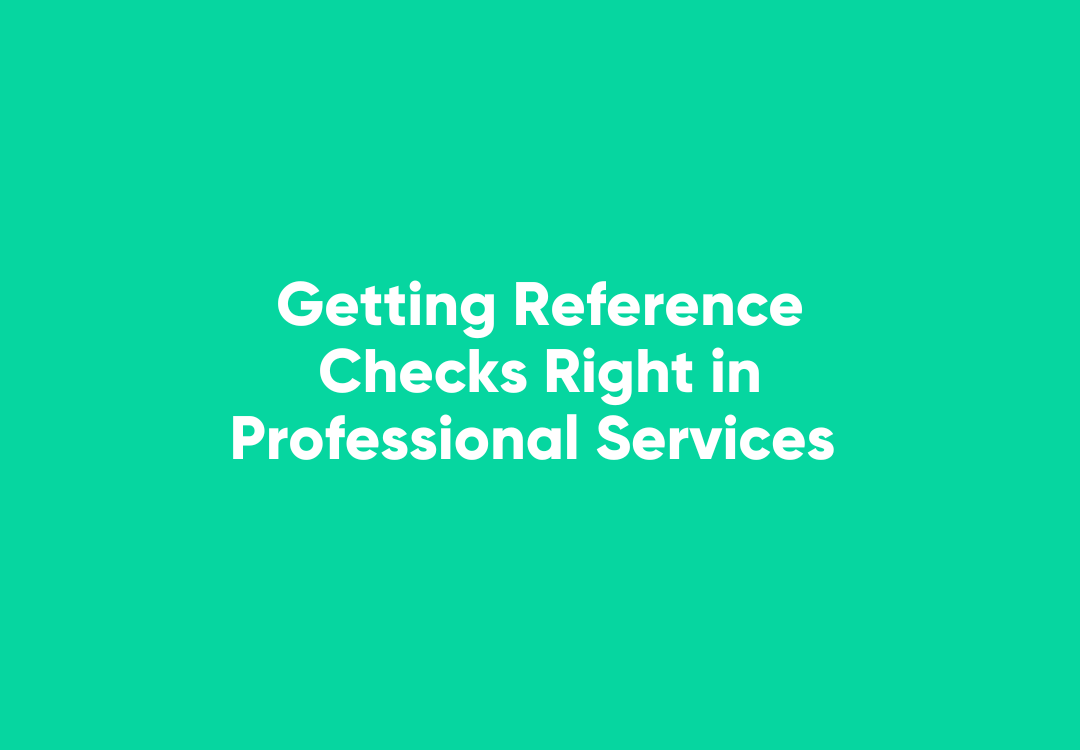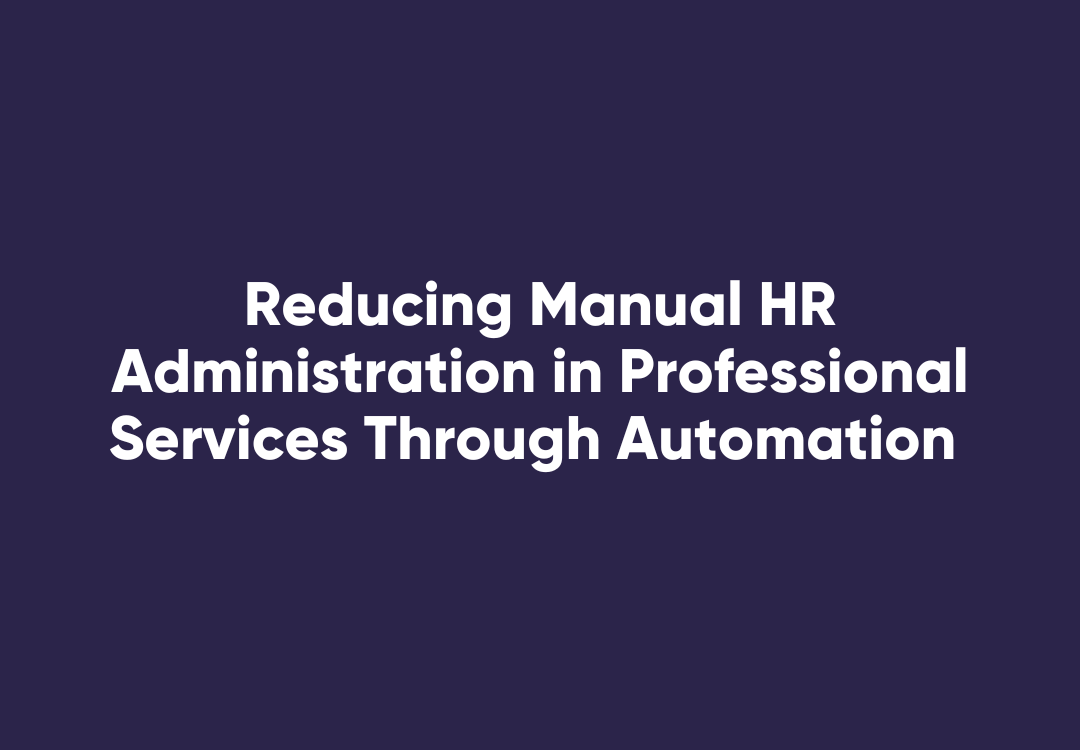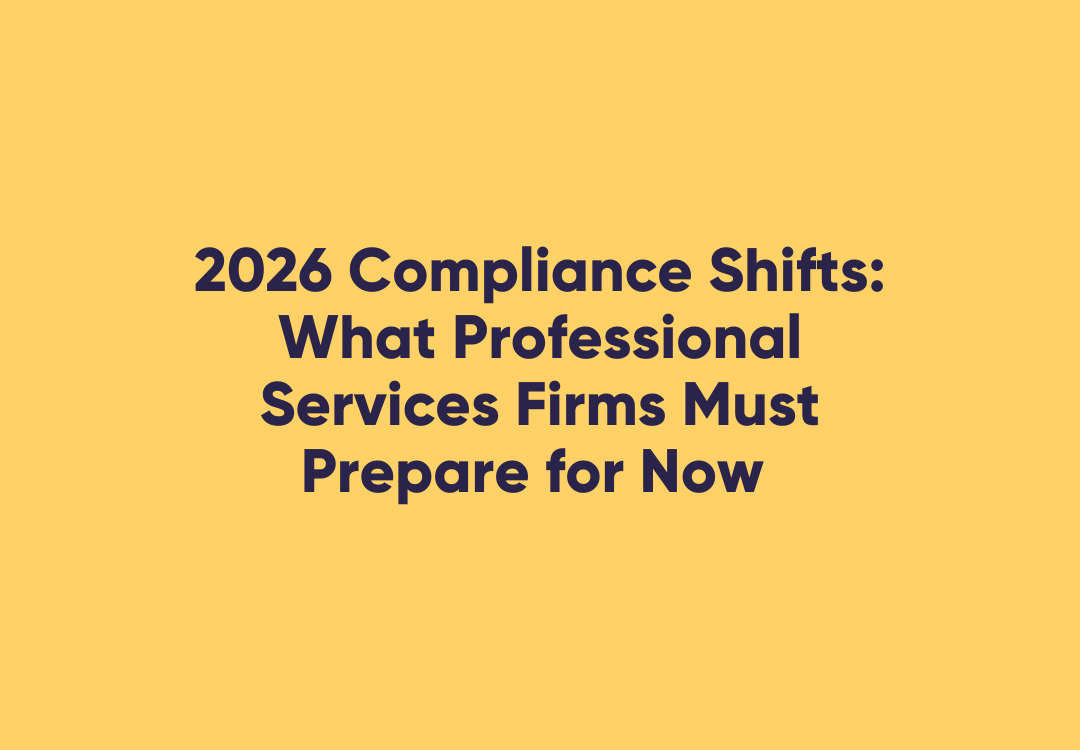Hospitality Compliance Updates for 2025 and Beyond
Workforce Compliance Updates for Hospitality Compliance, May 2025
In 2025, new workplace laws are reshaping the way hospitality businesses must operate. With stronger enforcement around wage integrity, clearer rules for casual workers seeking permanent roles, and new expectations around after-hours contact, now is the time to review your systems.
We have outlined the legal changes now in effect and what they mean for hospitality operators, whether you’re managing a single venue or a multi-site group.
What are the Key Hospitality Compliance Requirements for HR in 2025?
Hospitality compliance in 2025 involves ensuring you’re meeting all legal and regulatory obligations related to employment, safety, licensing, and workplace conduct.
To manage hospitality compliance in 2025, businesses must:
- Apply the correct award rates and penalties.
- Maintain clear, fair rostering practices.
- Keep accurate time and pay records.
- Respond properly to casual conversion requests.
- Ensure staff are trained in safety, responsible service, and conduct policies.
To stay compliant in hospitality, operators must embed compliance into hiring, scheduling, and staff communications - not just at head office, but across every shift.
What’s New in 2025?
1. Wage Theft Becomes a Criminal Offence (1 January 2025)
Intentional underpayment of wages, including penalty rates or misclassified shifts, is now a criminal offence under the Fair Work Act. Hospitality venues are especially exposed, given the industry’s reliance on casual and part-time staff and complex award interpretations.
Implication: Employers must ensure timekeeping, payroll, and rostering systems are accurate and transparent. Mistakes that appear deliberate, or are repeated, could lead to prosecution, not just backpay.
2. Casual Conversion Request Process (26 February 2025)
Eligible casual employees can now request conversion to permanent roles under the Employee Choice Pathway. Employers must respond in writing within 21 days and provide valid business reasons if declining.
Implication: With high casual use in hospitality, venues must track employment durations and prepare to manage conversion requests in a structured, timely way.
3. Right to Disconnect (26 August 2025 for Small Businesses)
Employees can now refuse to engage with work-related communication outside their paid hours unless the contact is “reasonable”. While large employers are already covered, small businesses must comply from August 2025.
Implication: Hospitality managers must reconsider how they communicate shift changes or fill gaps, especially after hours. Repeated late-night messages or roster updates may now create compliance risks.
4. Award Rate & Penalty Adjustments
Annual adjustments to the Hospitality Industry (General) Award are expected mid-year. These often affect Sunday, public holiday, and evening loadings, key pay components in hospitality venues.
Implication: Payroll systems must be monitored closely to ensure changes are applied on time. Manual updates risk underpayment and non-compliance.
5. Increased Superannuation Guarantee (1 July 2025)
The superannuation guarantee increases to 12%, affecting all eligible employees, including those in casual and part-time roles.
Implication: Payroll and accounting platforms must be updated, and employers must factor this into budgeting for peak periods like summer and holidays.
Unique Compliance Pressures in Hospitality
Hospitality venues face particular compliance challenges that other industries don’t. Most operate outside standard business hours, rely heavily on casual staff, and deal with high turnover and seasonal peaks. This makes it harder to maintain consistent practices and up-to-date training.
Hospitality awards also include complex entitlements like late-night penalties, weekend rates, split shifts, and meal breaks - all of which must be accurately managed. Non-compliance, even if unintentional, can result in underpayments and disputes.
And with many hospitality workers being students or visa holders, employers must also ensure that work rights checks and documentation are correctly handled.
How WorkPro Supports Hospitality Compliance
WorkPro offers a suite of tools tailored to the hospitality sector, helping businesses stay compliant without the admin burden:
- eLearning Modules
Provide staff with accessible training including: - Hospitality Worker Safety
- Anti-Bullying, Discrimination and Harassment
- Australia Casual Employment Information Statement (CEIS)
- Fair Work Statement
- Background Checks
Hire with confidence using: - Australian Citizen and Work Rights Checks
- Nationally Coordinated Criminal History Checks
- Reference Checks
- Working with Children Checks (for venues hosting family events or school groups)
- Credentials Management
Stay on top of expiring RSA, first aid, or food safety certifications with digital tracking and automatic expiry alerts.
- WorkPro Resource Library
Access factsheets, checklists, and eBooks and more to stay across legislative changes without constant manual research.
The compliance landscape for hospitality businesses is shifting quickly. With new laws now in effect, and stricter enforcement on the horizon, hospitality operators must be proactive, not reactive. Understanding these changes is the first step. Putting systems in place to manage them efficiently is what sets the best-run venues apart.
Explore how WorkPro can help you stay ahead of compliance, reduce admin pressure, and protect your business. Start today.





